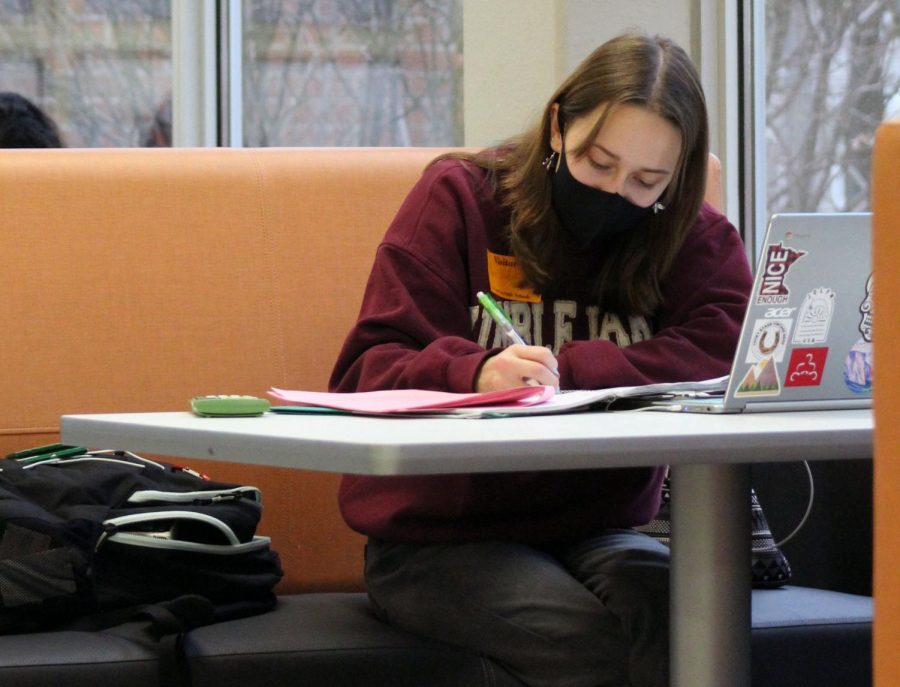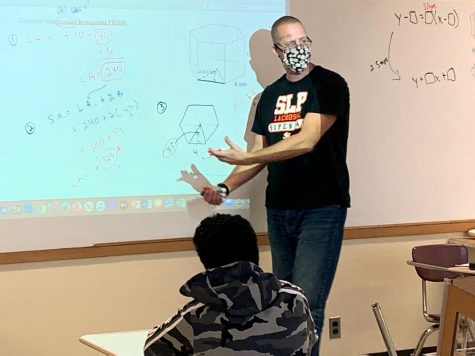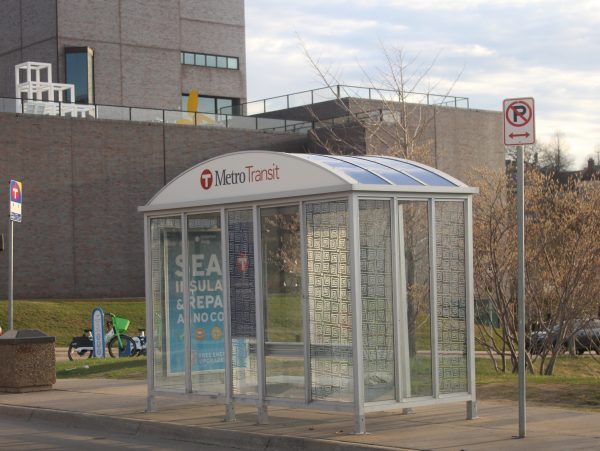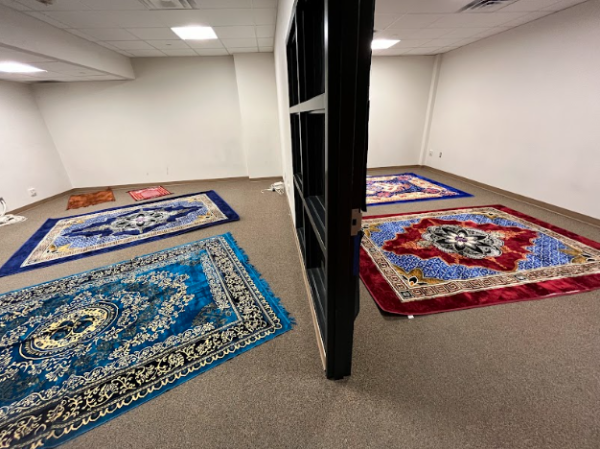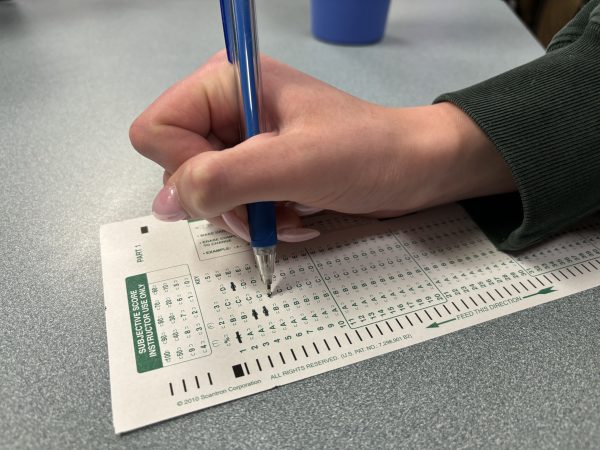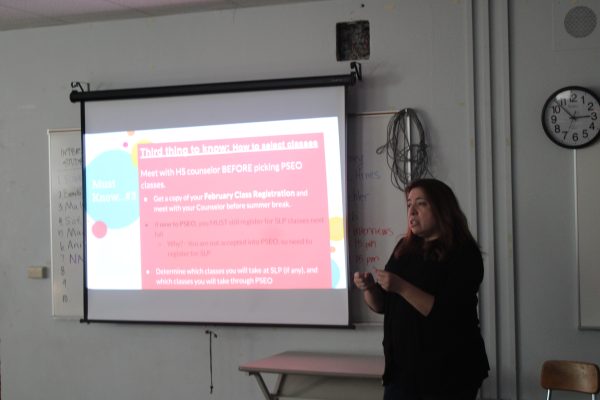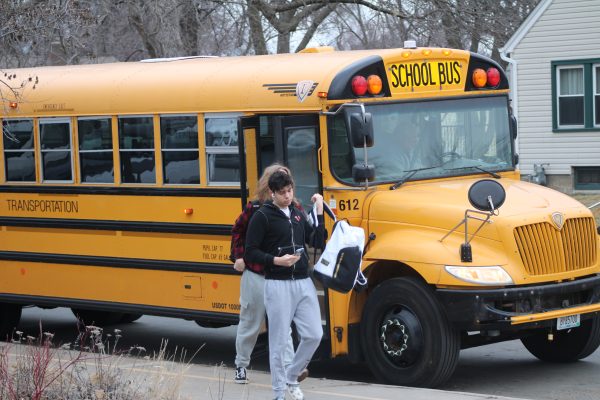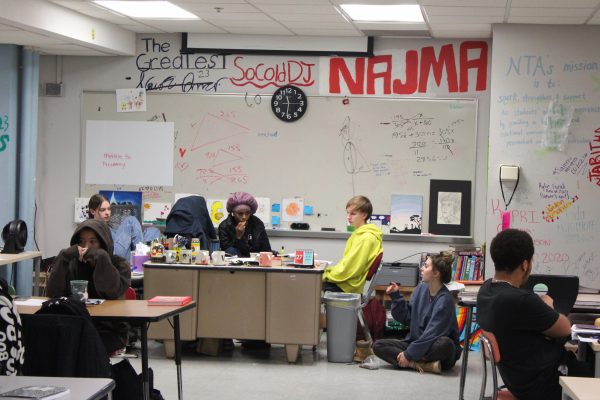Asynchronous check-ins eliminated
Adjustments made to second-semester schedule
Sophomore Maren Wilsey does school work at the Oriole Study Nest Dec. 17. Students can sign up for the Study Nest sessions with their corresponding Grade Level Coordinator on the Student Support Time app.
January 24, 2021
As Park approaches the start of second semester, interim Principal Wendy Loberg said a survey was sent to students to see if a change in schedule was necessary.
“We heard loud and clear that the kids are saying (there are) too many logins, too many links and they just need time from one class to the next to get their work done,” Loberg said. “I am really happy that we surveyed the kids, we listened to the kids and we are responding in a way to do what they tell us they need.”
Students were given two new scheduling options, either a block schedule where Park Connections would be reduced to three classes per week or the same schedule as the first semester.
Freshman Avery Stahl said she was opposed to the proposed block schedule because it would make the already confusing schedule more complicated.
“It (would be) too much to add block scheduling onto online,” Stahl said. “It’s confusing, and it’s even more confusing when it’s online. We’re already having lots of confusing things with online and adding block scheduling is going to be even worse.”
Senior Benn Katzovitz said he was originally in favor of the proposed block schedule over the first semester schedule, but is satisfied with the new schedule as it allows for students to work uninterrupted for long periods of time.
“I preferred the block scheduling over the current situation. It was really more about getting rid of the asynchronous check-in,” Katzovitz said. “You can keep your work going from one class, and then you have another period instead of having to check in with pretty much wasting 10 minutes.”
According to Stahl, she is glad the check-ins were eliminated from the schedule as they were unproductive.
“I don’t think the check-ins are necessary,” Stahl said. “We never did anything in asynchronous anyway.”
In the end, Loberg said administration will eliminate check-ins instead of adopting the block schedule because there was not a strong enough favorite that would call for such a drastic change.
“We didn’t have an overwhelming distinction between who wanted it and who didn’t. We determined it wasn’t worth that significant of a change for everyone if we didn’t have a compelling number of students wanting it,” Loberg said.
According to Katzovitz, he is satisfied with the new schedule as he feels this option will appease the majority of students.
“What (administration) came up with represents us well, not quite the full block schedule but something like it, where we cut down on the asynchronous check-ins,” Katzovitz said. “I think most people will like what we have now.”



